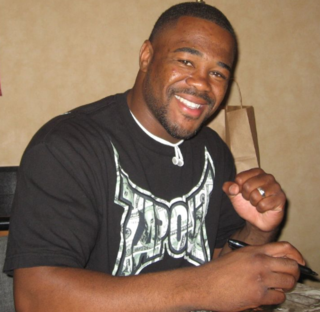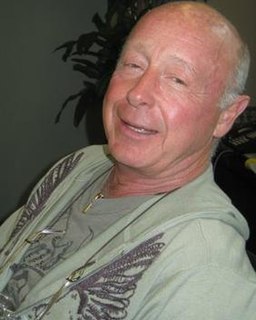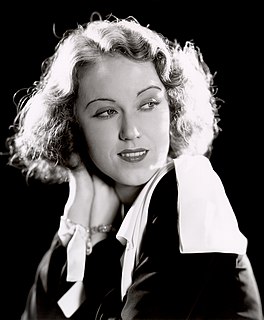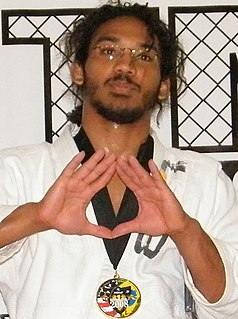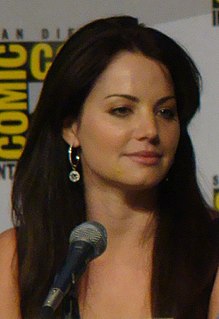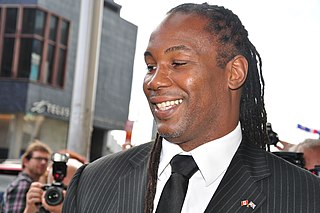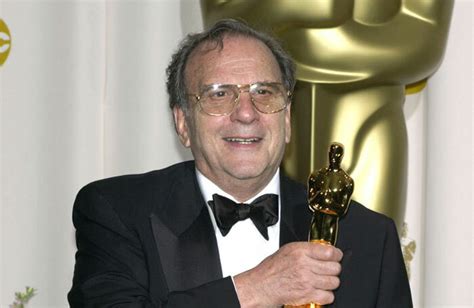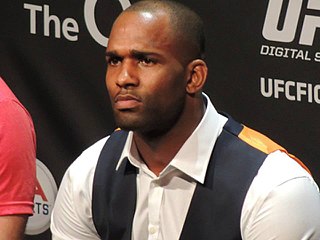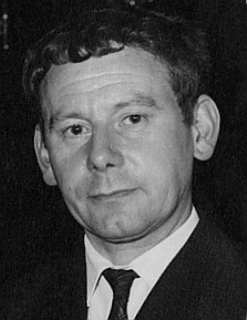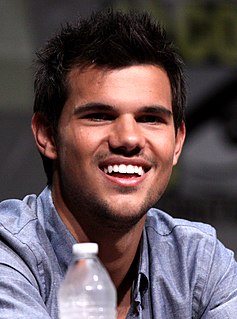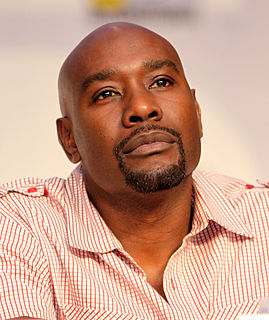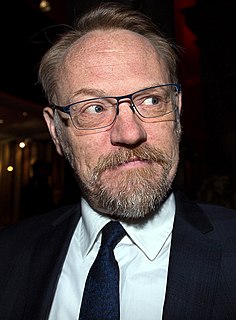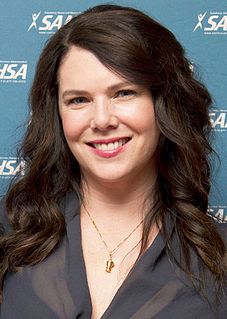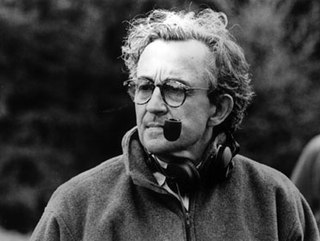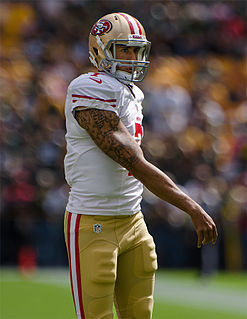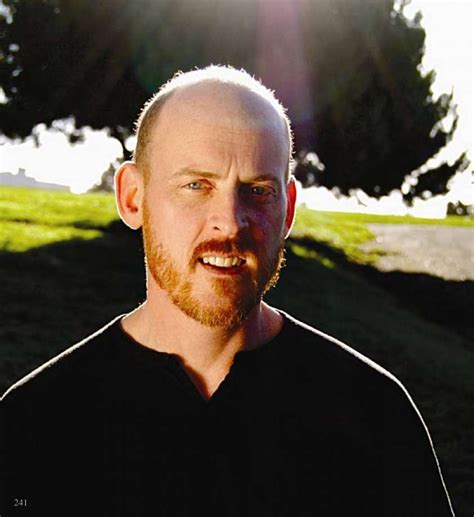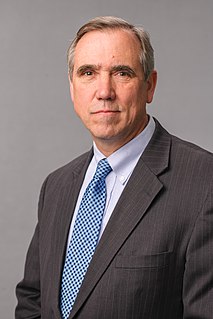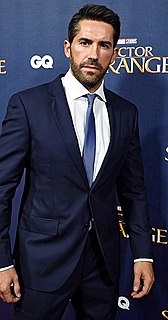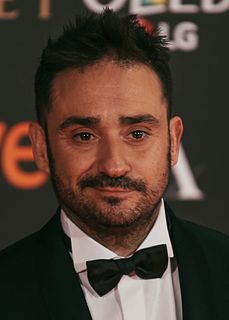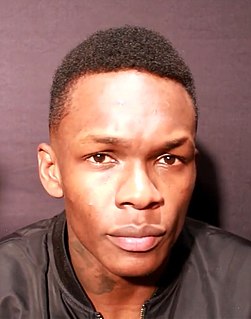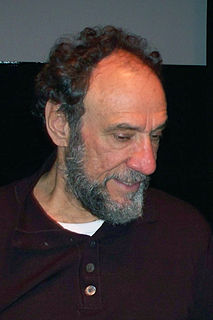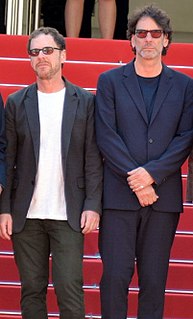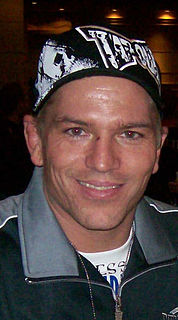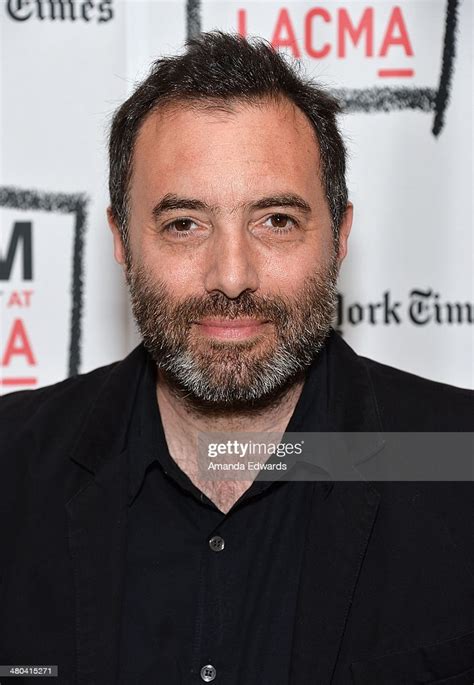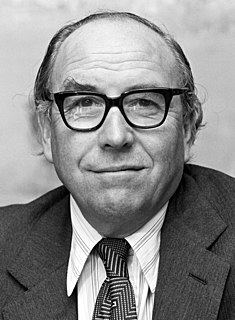Top 1200 Fight Scene Quotes & Sayings - Page 7
Explore popular Fight Scene quotes.
Last updated on December 25, 2024.
I don't need to go over a fight scene a million times. I got it. It comes very naturally to me to do that. And our industry is a little more physical than I think some people know, with regard to how much contact is made between WWE Superstars when we're wrestling a match. Whereas on set, sometimes actors aren't familiar with that sort of physicality.
I personally think a fight scene is the most cinematic thing you can witness because all the elements of filmmaking come together, you know, with the camera speed changes, editing, make up effects and general smoke and mirrors of trying to make it look like you are hitting someone when you're not. It's filmmaking in it's purest form, I think.
That generation really has to fight for a new political language, social movements, and alliances with students from other countries. They have to convince labor, parents, and the general public that the fight over higher education is a fight that benefits everyone in a sustainable democracy and not just faculty and students.
But the more I read... after awhile... I begin to find they were all writing about the same thing, this same dull old here-today-gone-tomorrow scene... Shakespeare, Milton, Matthew Arnold, even Baudelaire, even this cat whoever he was that wrote Beowulf... the same scene for the same reasons and to the same end, whether it was Dante with his pit or Baudelaire with his pot... the same dull old scene...
I felt like my Ellenberger fight, I think I fought a really good fight. I was technically on-point, I was sharp, and watching the fight I wasn't disappointed. But I didn't have fun at the end of the day, and that's what I do this for. I want to express myself when I'm up there, like an artist painting a picture.
Fight for the value of your person. Fight for the virtue of your pride. Fight for the essence of that which is man: for his sovereign rational mind. Fight with the radiant certainty and the absolute rectitude of knowing that yours is the Morality of Life and that yours is the battle for any achievement, any value, any grandeur, any goodness, any joy that has ever existed on this earth
If you will not fight for right when you can easily win without bloodshed; if you will not fight when your victory will be sure and not too costly; you may come to the moment when you will have to fight with all odds against you and only a precarious chance of survival. There may be even a worse fate, you may have to fight when there is no hope of victory, because it is better to perish than to live as slaves.

